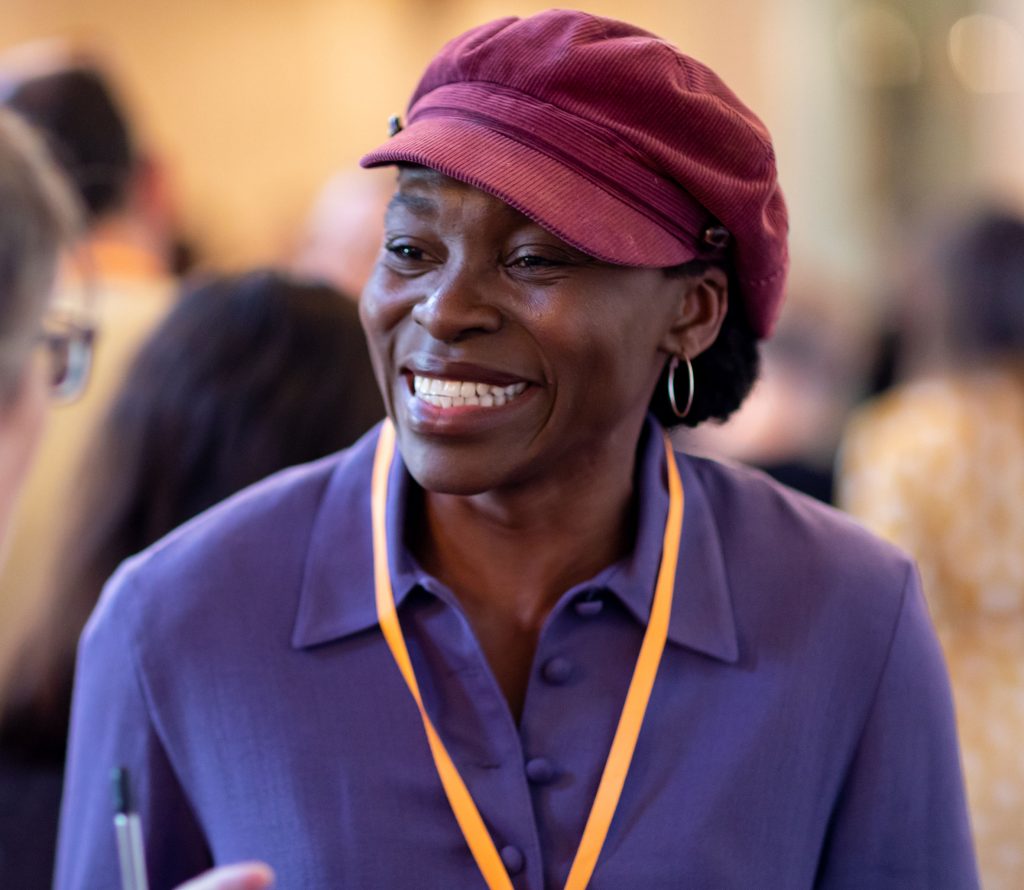PiPA’s survey into the impact of Covid on carers and parents working in the Performing Arts with a focus on intersectional Caring Responsibilities.
Please download the full report here: PiPA Covid Report
PURPOSE AND AIM OF THE RESEARCH
Parents and carers have been under relentless pressure since the first UK wide Covid related lockdown in March 2020, facing round the clock caring and home-schooling responsibilities. Many carers and parents have also taken on additional caring responsibilities for elderly and vulnerable people affected by Covid. The purpose of this research, conducted in October 2020, is to investigate the impact of Covid on people with intersectional caring responsibilities working in the performing arts - an industry, that has been forced to close, resulting in widespread redundancies and very little work available for a predominantly self-employed workforce.
An online survey, conducted by PiPA in June 2020, highlighted the vulnerability of parents and carers in the performing arts. Women, solo parents and carers, as well as those facing other kinds of social exclusion were highlighted as the most vulnerable. The aim of this second PiPA survey, conducted in October 2020, was to gain a deeper insight into the extent to which caring responsibilities during Covid, when combined with other protected characteristics and/or economic disadvantage, lead to increased challenges and further marginalisation of these already under-represented groups.
KEY FINDINGS
The whole population is affected by Covid but the performing arts has been hit particularly hard. Data from the ONS in August 2020 found that 51% of Arts workers have been furloughed compared to 13% across the whole country. Figures released by BECTU in August 2020 estimated over 7,000 performing arts workers have been made redundant plus thousands of freelancers, zero hours workers and fixed term contract workers left without any income in the theatre sector alone.
- One in four women are doing 90% or more of the childcare and are struggling to work or to seek work. The pressure of school and nursery closures combined with lack of job opportunities in the performing arts is impacting on women’s well-being and causing them to rethink their careers. Women are 50% more likely than men to be uncertain about their futures in the performing arts
- Talent haemorrhage: seven out of ten parents and carers (72%) are considering abandoning their career in the performing arts.
- D/deaf and disabled respondents or those with a long-term health condition are twice as likely to have taken on full-time caring responsibilities (doing 80% or more of the childcare) due to the pandemic. They are also the least satisfied with Government support with many not qualifying for SEISS freelance support scheme because they have tended to work fewer hours.
- Mental health crisis: Eight out of ten respondents reported significant stress due to the pandemic with over one third of women with caring responsibilities reporting that they are overwhelmed or in fight or flight mode. Almost half (45%) of D/deaf and disabled respondents class themselves as ‘really stressed’ or in ‘fight or flight’ mode.
- Financial pressures and work challenges: Work has collapsed, with nearly 60% of respondents now working fewer than eight hours a week, compared to only 7% before Covid. Childcare responsibilities mean that it is much harder to be available for what few work opportunities come up. 80% of respondents were wholly or partly self-employed: many failed to qualify, or only qualified for a small amount of SEISS support, frequently this was because of having taken a period of maternity leave or reduced working hours due to care responsibilities.
C“This report evidences the scale of impact on women in the performing arts workforce. With many crippled by the increase in caring responsibilities they are struggling to hold down a job or put themselves forward for the little work that is available. In fact, available work has fallen off a cliff. Without urgent action and a clear message of support, the sector will haemorrhage its female talent with caring responsibilities as a direct result of the pandemic. At worst, this is catastrophic for the sector and for equality. We need to reverse this shocking trend before it’s too late.” PiPA Chair Sarah Jackson, OBE, authority on flexible working, women at work, gender pay-gap.
 "If we're going to see healthy numbers of women on stage, backstage, behind and in front of camera after Covid we need to act now. PiPA's research has shown that too many women see no feasible way to return to the profession they love. There is a real risk, as more and more women drop out of our industry that decades of gender equality will be lost. Changes to SEISS eligibility, the mandatory monitoring of the numbers of parents and carers being employed and the implementation of job sharing schemes would go some way to ensuring that we will continue see all kinds of women in all kinds of roles across the performing arts."
"If we're going to see healthy numbers of women on stage, backstage, behind and in front of camera after Covid we need to act now. PiPA's research has shown that too many women see no feasible way to return to the profession they love. There is a real risk, as more and more women drop out of our industry that decades of gender equality will be lost. Changes to SEISS eligibility, the mandatory monitoring of the numbers of parents and carers being employed and the implementation of job sharing schemes would go some way to ensuring that we will continue see all kinds of women in all kinds of roles across the performing arts."
Rakie Ayola, award winning actor, producer and PiPA Ambassador. Rakie is Patron of The Childhood Tumour Trust and Trustee of the Actors' Children's Trust.
RECOMMENDATIONS
- The Government SEISS scheme has been a lifeline for the majority of self-employed parents and carers in the performing arts. However, a significant proportion have been, and continue to be, excluded from the scheme. These parents and carers are approaching one year without income and reduced means to support their family. We call on the Government to urgently review the eligibility criteria for SEISS to include all those previously ineligible for parenting and caring reasons including, but not limited to, mixed income models or maternity leave.
- We call on grant makers and funding bodies to add caring responsibilities to all mandatory monitoring requirements for funding recipients. To retain all its talents, the industry needs to know how many parents and carers it employs and how care responsibilities become a greater barrier for women, people who are D/deaf and disabled, people from economically disadvantaged backgrounds or those with other protected characteristics. Equal access to work opportunities is essential to ensure these groups are not further marginalised due to the impact of Covid, home schooling or other care requirements placed on them during the pandemic.
- We urge employers to proactively communicate and accommodate furlough options for parents and carers, for whom the combination of working from home and home schooling can be untenable, to ensure they are able to continue working.
- We encourage employers to make adjustments to work-load and to promote autonomy and flexibility around core hours, enabling parents and carers to meet work and family requirements. Many parents and carers work early mornings and evenings to accommodate home school and additional care responsibilities. Discussions about workload are crucial to enable appropriate planning and scheduling.
- We encourage employers to establish production backup through job share modelling to provide a robust in-built cover system that allows for last minute changes to domestic settings such as school closure, unexpected requirement to provide care or self-isolation due to Covid. Communicating this before the point of offer is crucial to ensure that parents and carers do not self-select out of opportunities.
Please download the full report here: PiPA Covid Report.
